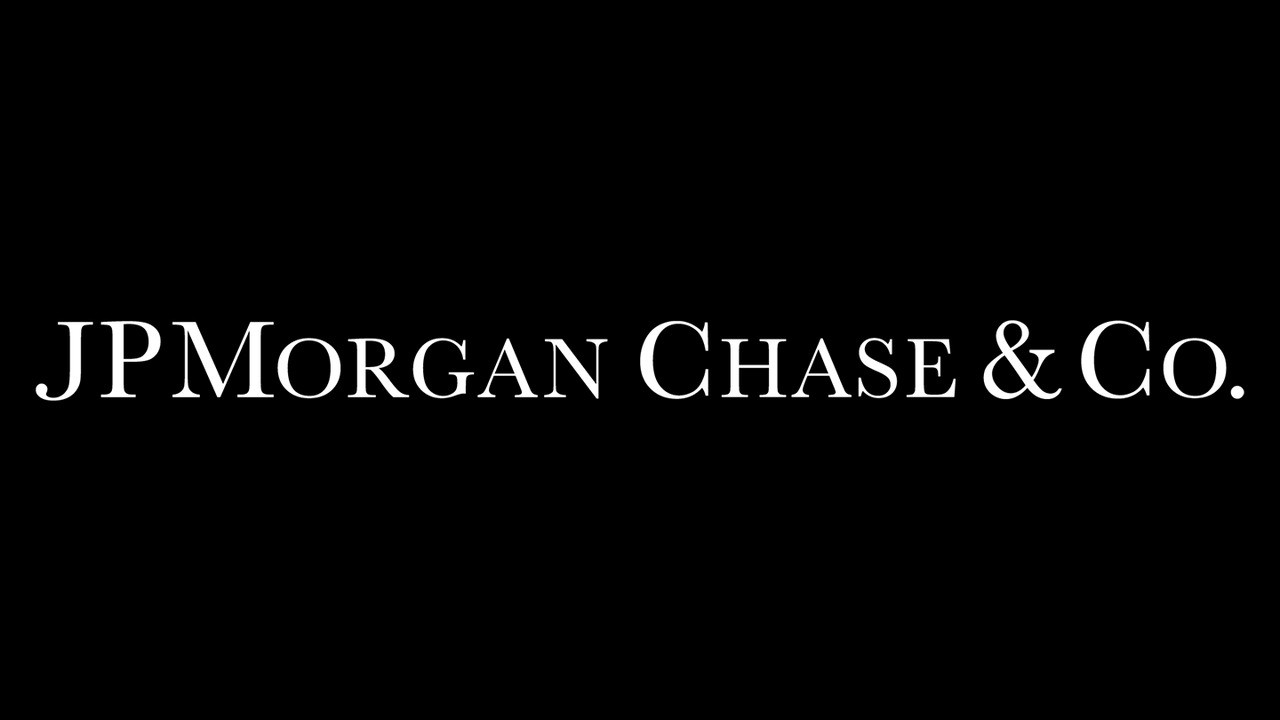JPMorgan Chase & Co. Interview Experience
Posted on 6th December 2022 ◾ 5 minutes read

JPMorgan Chase & Co. conducts its on-campus hiring through Code for Good hackathon. The
entire hiring process is divided into 3 steps:
• Online Coding Test (March 2022)
• HireVue Interview (March 2022)
• Code for Good Hackathon (June 2022)
CGPA Cutoff: 7 CGPA
Backlogs allowed: 0
Role type: 6-month internship + FTE
Coding Round:
The Online Coding round was conducted on the HackerRank platform.
Duration: 60 minutes and 2 coding questions.
Difficulty level: 1 was LeetCode easy and 1 was LeetCode medium.
• Question 1: An array is given. Pick 2 numbers from the array, add their sum at
the end,
and continue the process until the array is reduced to a single element. The cost of
doing this operation equals the sum of two elements inserted back into the array.
Perform the operation to achieve minimum cost.
• Question 2: Daily problems of two coders are given and their initial difference
is also
given. Find the minimum number of days for coder A to solve more problems than
coder B and return -1 if it is not possible.
HireVue Interview Experience
The second round was an online interview on the HireVue platform. A total of 2 questions were
asked in this round which was related to projects and typical HR questions. There were 2 pre-
recorded questions and a 2-minute time was given to prepare for the answer. One had to
record their response in 3 minutes. The total process lasted for about 10 minutes.
• Question 1: Explain a project which provided you with a great learning
experience and
has a real-time application.
• Question 2: Where do you see yourself in your professional career?
Try to answer in fluent English with complete technical details of your project. Try to include
keywords like efficient, teamworking, dedicated, etc. while answering these questions.
Code for Good Hackathon:
A total of 22 students were selected from RVCE to appear in Code for Good Hackathon. The
hackathon is a 24-hour-long nationwide competition where students from several colleges are
grouped to solve real-world problems and provide software solutions to them. The problem
statements are related to NGOs for example, “Build an end-to-end application for XYZ NGO
which helps them to provide healthcare services in rural areas”.
JPMC releases a form asking for the technical skills of each student and they are grouped into
a team accordingly. My team had 8 students and we all were familiar with web development.
JPMC assigns 2 mentors to each team who are JPMC employees. These mentors judge your
technical and non-technical performance throughout the course of the hackathon. They also
take a personal interview with each team member. This 1 on 1 interview is the key factor for
selection in the firm. My interviews were as follows:
• Mentor 1: This interview lasted for about 30 minutes. He asked me questions
about
the database as I was working on MongoDB at that time. We had a discussion on SQL
vs MongoDB, a few SQL nested queries, Middleware in Node JS, REST API, Schema
generation in Node JS + MongoDB, and so on.
• Mentor 2: This interview lasted for about 20 minutes. He asked me to show what
I
contributed to the application along with one of my resume projects. Then he asked
me a few typical HR questions.
The results of Code for Good were declared on the same day and my team was the runner-
up in the hackathon. The list of students selected for a 6-month internship + FTE came after
45 days. A total of 7 students received the offer from RVCE.